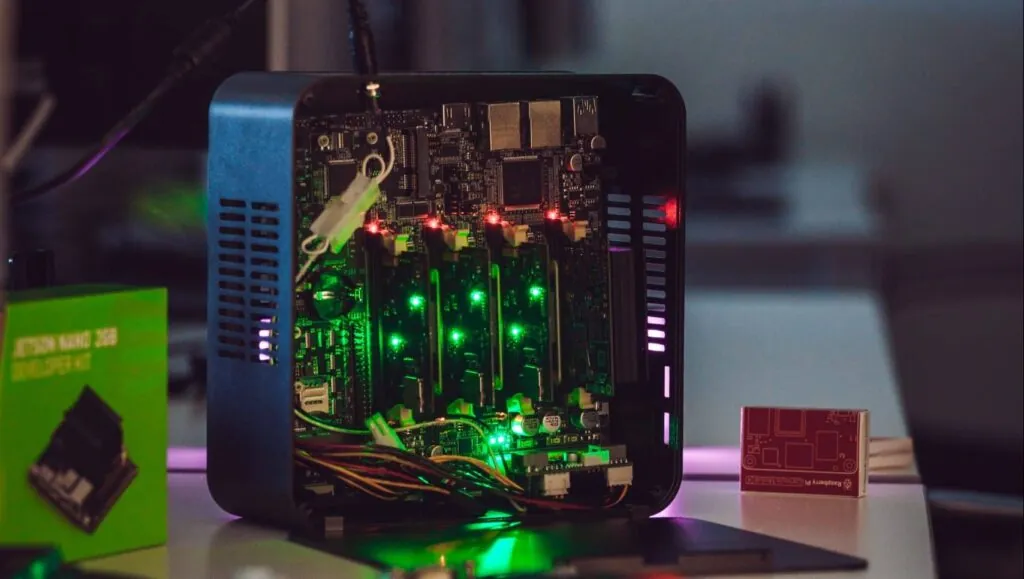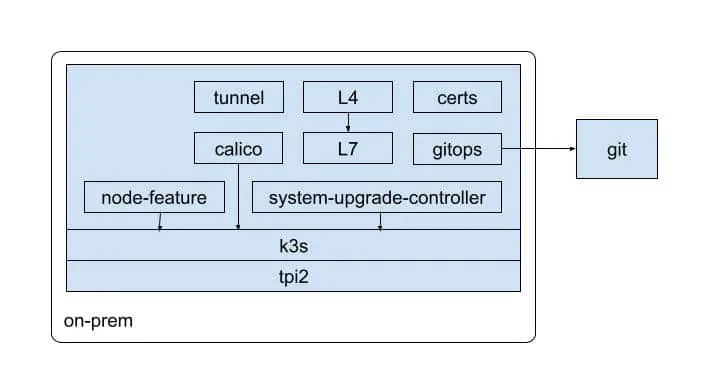
There are many benefits to seeking a career in Information Technology (IT) industry. Maybe you aim for higher salaries, you wish to work remotely, or be ready for unlimited options in dozens of fields. You could develop software, configure hardware, audit security systems, or provide training and support to customers. Regardless of which role you choose, you will need knowledge about servers, networking, databases, distributed systems, and security.
At first, you may have no idea how to start learning the skills you need to work in IT. A simple way to begin is Raspberry Pi, the most popular single-board computer and has a mature ecosystem. It is common practice to build services on top of Linux servers, which you install on a Raspberry Pi. You could host websites using Apache server, Nodejs backend, and MySQL database. However, in production, these services usually run on multiple nodes, a cluster, but not a single computer. You will need at least three servers to form a cluster, which is a group of interconnected computers that work together. It may be hard to build a real cluster at home because of the loud cooling fan working in the house, and the electricity bill will be high.
You can learn how to use Docker, Kubernetes, and Serverless framework to manage your cloud services.
Since a Raspberry Pi computer is noiseless, a Raspberry Pi cluster is a convenient and energy-efficient solution for learning the skills needed to work in the IT industry. You could learn how to automate your cluster using shell script and Python. You can learn how to use Docker, Kubernetes, and Serverless framework to manage your cloud services. You may start searching how to assemble a Raspberry Pi cluster, and you will find some Raspberry Pi cluster kits online. However, most of them require separated devices for networking, cabling, and power. A single device that can provide the same ability to build a cluster is the Turing Pi 2.

Turing Pi 2 is a single device that can combine four Raspberry Pi CM4 and has a built-in local network and power system. The onboard firmware of the Turing Pi 2 allows you to manage the cluster remotely. You can learn open-source tools, such as Apache, Kubernetes, Prometheus, and MySQL with a cluster-level configuration, the same as an industrial environment. Additionally, you can learn machine learning frameworks like Tensorflow, PyTorch, or MXNet (yes, you can plug NVIDIA Jetsons too). With the extensibility of two SATA 3 and four USB 3.0 ports, you can quickly expand the storage size to store the data. The other interfaces such as Mini-PCIe, SIM card, and DSI slot enable you to connect dozens of modules like Wifi, Bluetooth, 4G/5G, a camera, etc. You can learn how to integrate these devices into your applications.
Wrapping Up
Turing Pi V2 provides an affordable and flexible environment to run learn Cloud-native tools and Linux, the same as you would in IT corporations. These tools are fast-growth and are being leveraged by more and more organizations. With the rich ecosystem of Raspberry Pi and Cloud-native tools, Turing Pi 2 can become your best platform to keep you learning for years.